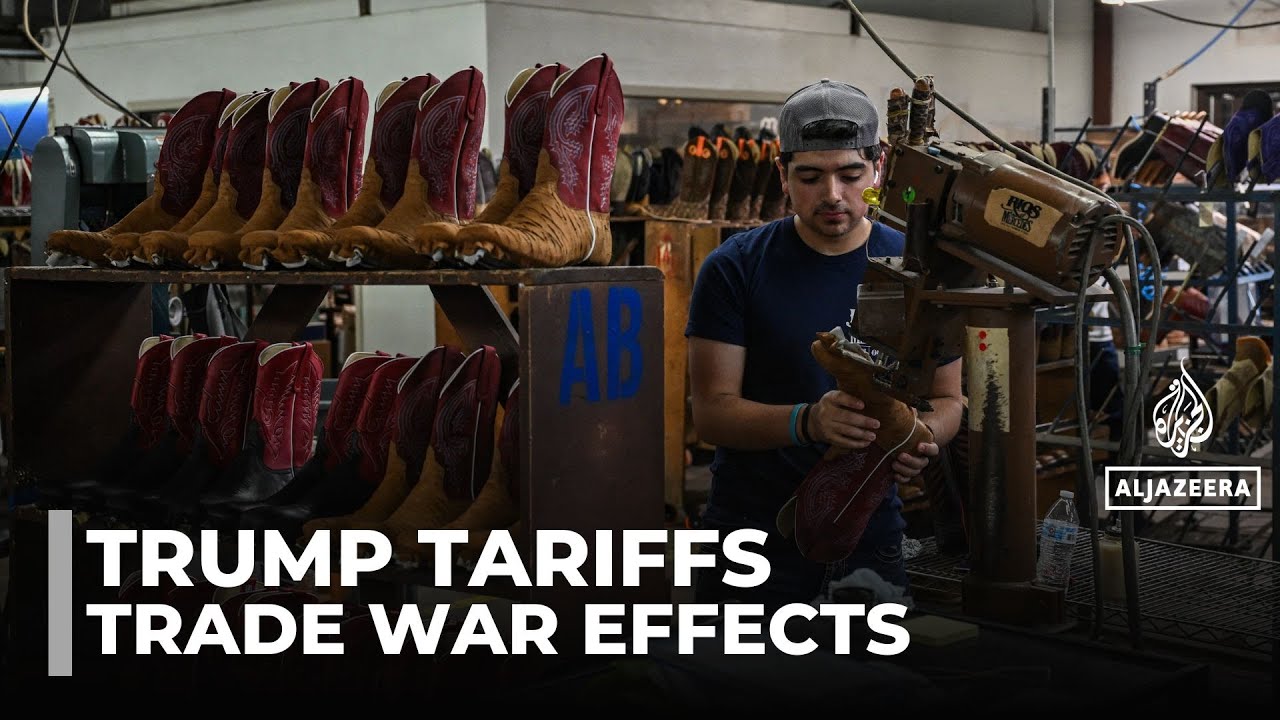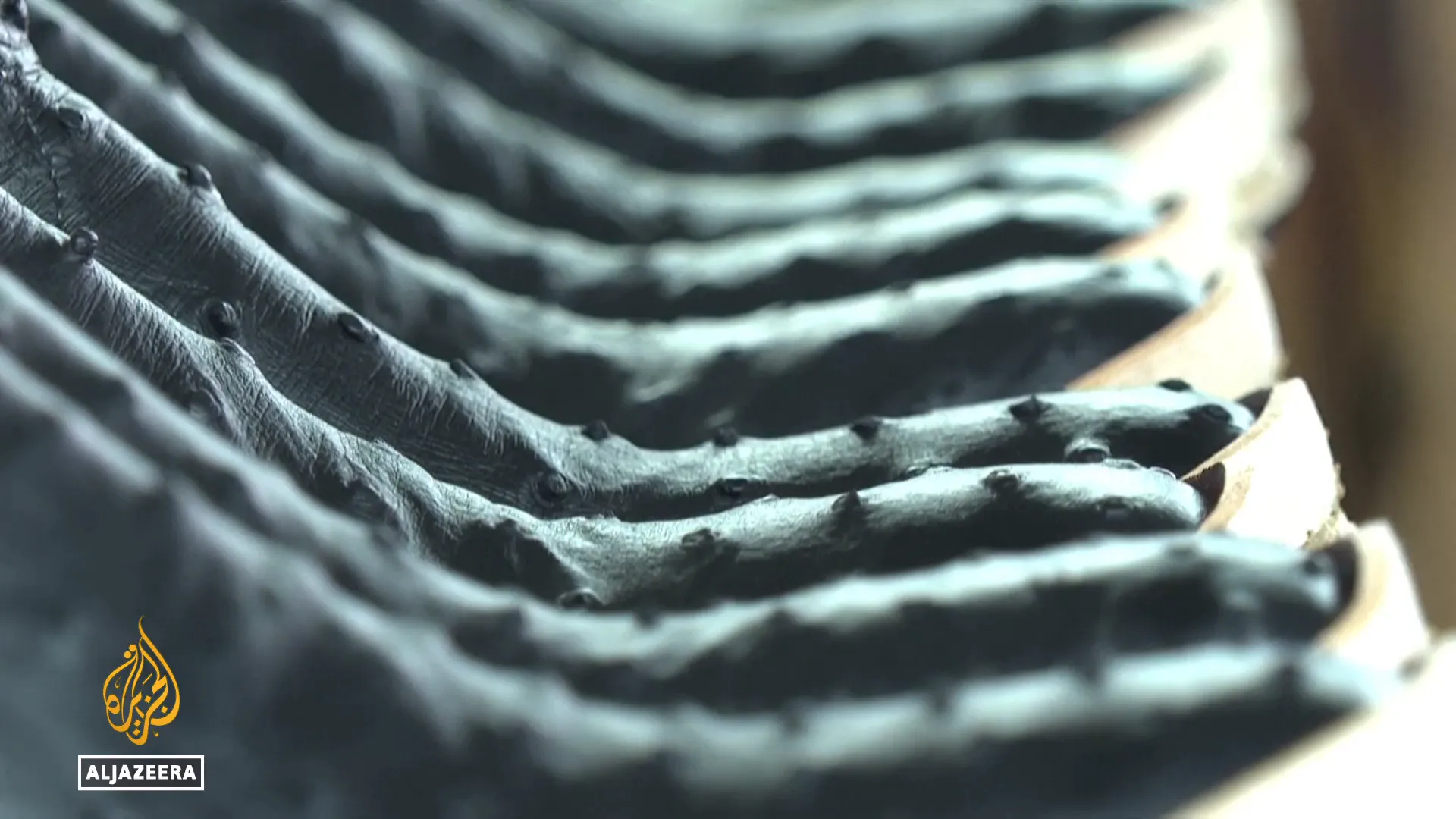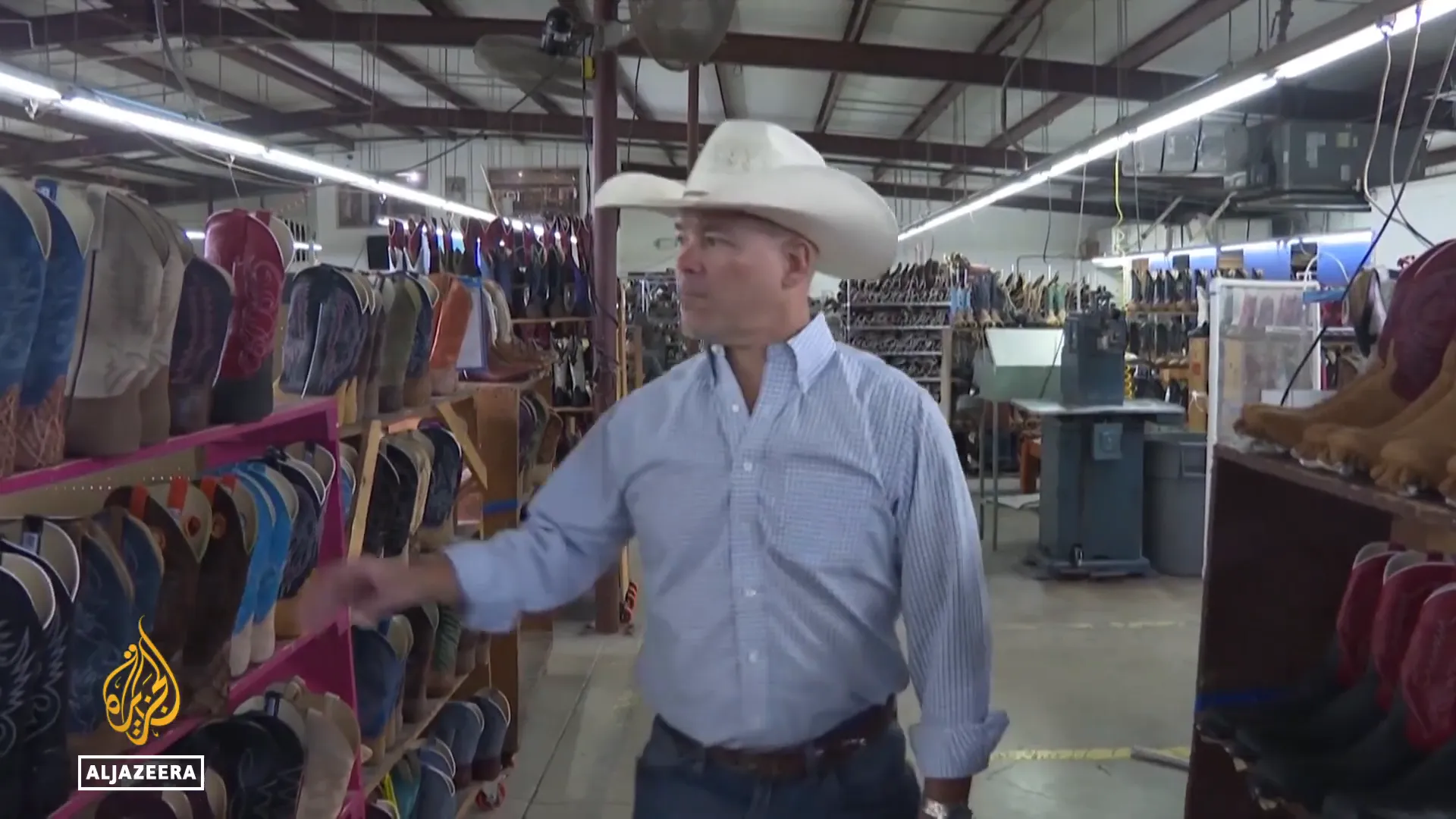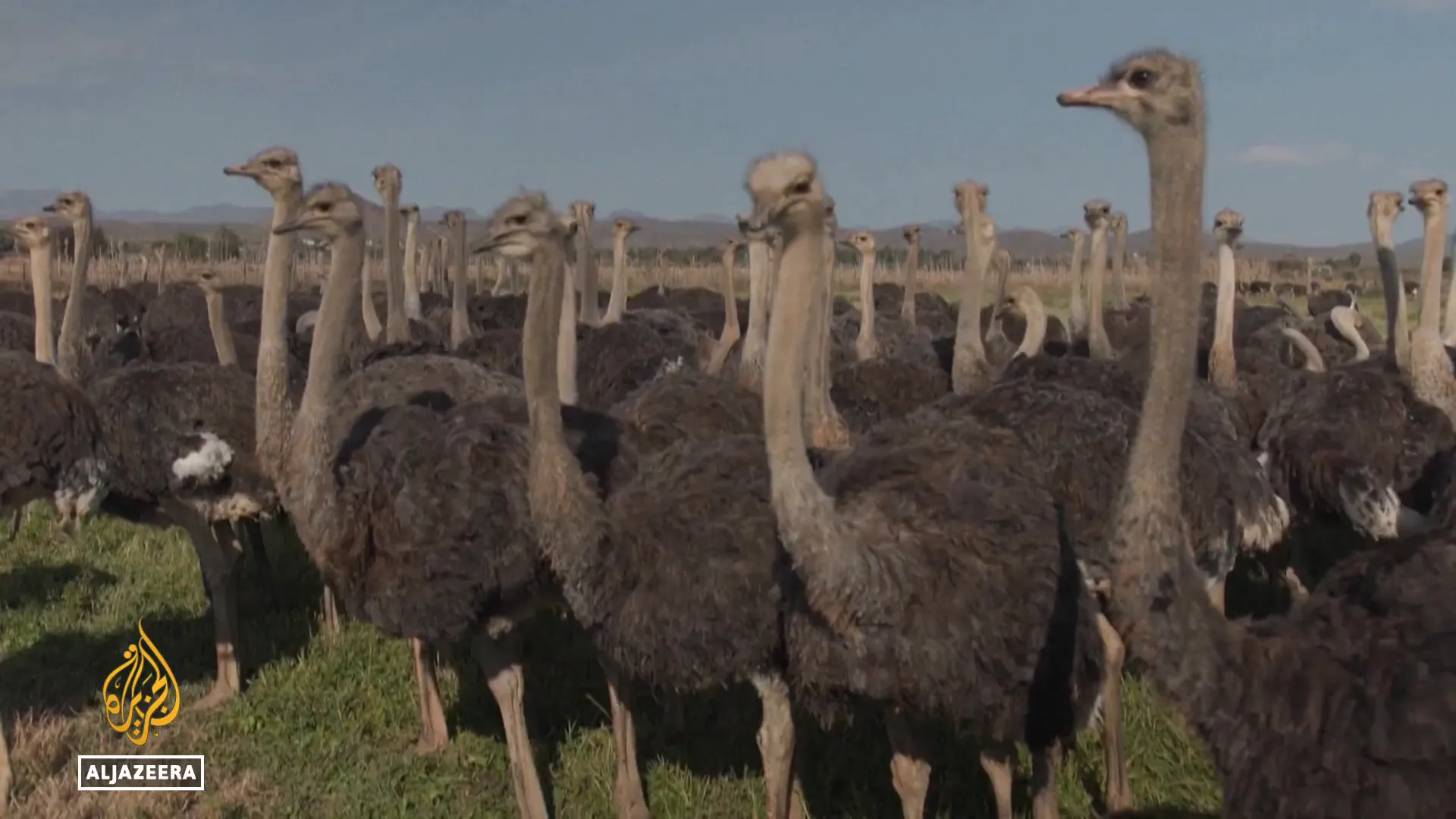Aug 3, 2025
Tariffs Hit US Cowboy Bootmakers: Supply Chain from South Africa to See 30% Levy

In Hidalgo County, Texas, a place known for its strong support of Donald Trump, workers are busy stitching a product that embodies American culture: cowboy boots. Yet, behind the scenes, this quintessentially American craft is deeply intertwined with a global supply chain that now faces serious challenges due to sweeping tariffs imposed by the Trump administration.
Table of Contents
- The Global Threads Behind American Cowboy Boots
- Impact on South African Ostrich Ranchers
- Tariffs and the American First Promise
- Conclusion: Navigating a Complex Global Economy
- Frequently Asked Questions
The Global Threads Behind American Cowboy Boots
While cowboy boots are a symbol of American heritage, the materials used tell a different story. Many of these boots are made from ostrich leather sourced all the way from South Africa. Starting August 7th, products imported from South Africa will be subject to a steep 30% tariff, threatening to disrupt this finely balanced supply chain.

"We can't raise ostriches here in the United States to the level, to the quality," explains one Texas bootmaker. "We don't have the meat demand here. We need to partner with countries that can do that and we need to partner with them the right way."
This partnership is not just about materials; it’s about sustaining livelihoods on both sides of the globe. The bootmaker employs roughly 450 people split between the US and Mexico. Owners warn that the tariffs don’t just jeopardize the workers in their factories but also the South African ranchers who supply the prized leather.

Impact on South African Ostrich Ranchers
The town of Ootswern, located in South Africa’s ostrich capital, shares the pessimism about the tariffs. Ostrich farmers there fear the tariffs will severely impact their businesses and communities.
"We know it's gonna be it's gonna have an impact. We just don't know how bad the impact will be, but positive it wouldn't be," says a local rancher. "At this stage, we're just taking a wait and see approach."
South Africa produces around 70% of the world's ostrich products, and the Cape Karoo Valley alone exports a fifth of its ostrich leather to the United States. If tariffs reduce earnings, farmers anticipate a slowdown in production, which would ripple through their farms and export capabilities.

Tariffs and the American First Promise
President Donald Trump has framed these tariffs as a way to put Americans first by protecting domestic industries. However, for many businesses like this Texas bootmaker, the tariffs may have the opposite effect — increasing costs and threatening jobs.
Those in the bootmaking industry worry that the tariffs will force them to absorb higher expenses, potentially leading to higher prices for consumers or cutbacks in employment. The complex global supply chain means that policies intended to protect American jobs could unintentionally harm both American workers and international partners.
Conclusion: Navigating a Complex Global Economy
The story of Texas cowboy boots made with South African ostrich leather highlights the delicate balance of modern global trade. While the desire to prioritize American industries is understandable, the ripple effects of tariffs can disrupt established partnerships and impact livelihoods worldwide.
As this situation unfolds, it is a call for leaders to seek smarter trade strategies that support domestic goals without undermining critical international relationships. For this Texas bootmaker and the South African ranchers, the hope is for policies that recognize the interconnected nature of today’s economy.
Frequently Asked Questions
Why are South African ostrich products important to US bootmakers?
South Africa produces about 70% of the world’s ostrich leather, which is prized for its quality. US bootmakers rely on this material to create high-quality cowboy boots that cannot be replicated domestically due to lack of ostrich farming and meat demand.
What impact will the 30% tariff have?
The tariff will increase the cost of importing ostrich leather from South Africa, potentially leading to higher prices for boots, reduced production, and financial strain on both US workers and South African ranchers.
How many people does this Texas bootmaker employ?
The company employs about 450 people across the United States and Mexico.
What is the response from South African ostrich farmers?
Farmers are concerned and uncertain about the severity of the impact but expect it to be negative. They are currently adopting a wait-and-see approach.
Are tariffs always beneficial for domestic industries?
Not necessarily. While tariffs aim to protect domestic jobs, they can increase costs and disrupt supply chains, sometimes harming the very industries they intend to help.